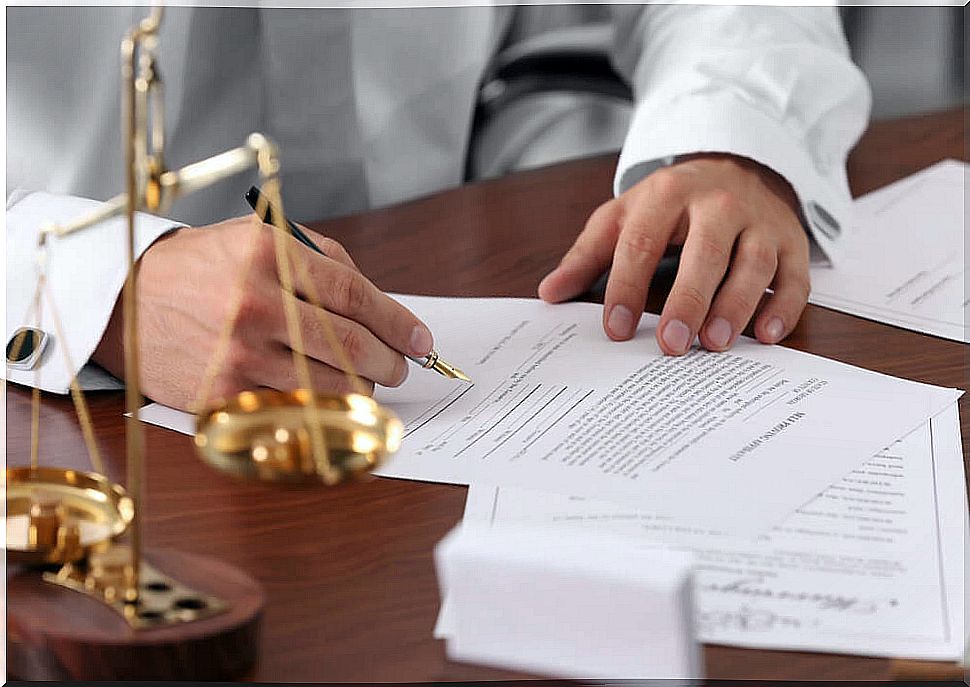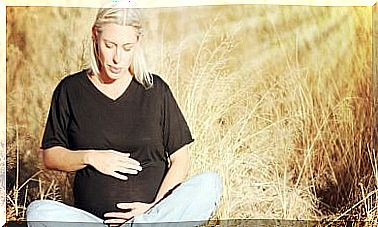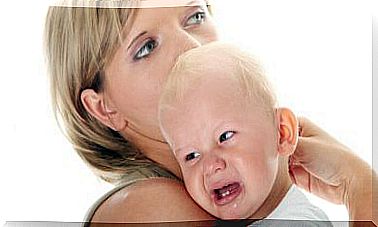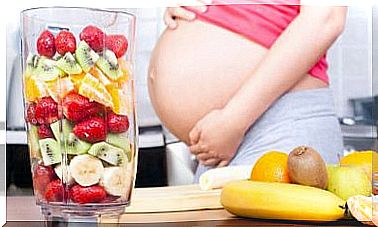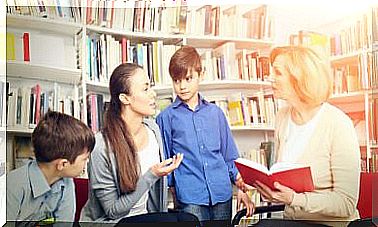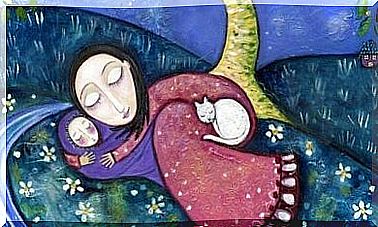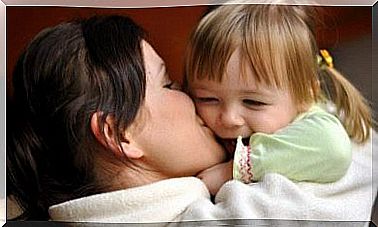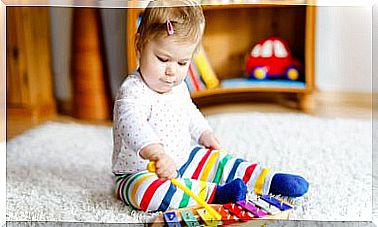Widow’s Pension And Children, Legal Aspects

After the death of the partner or the parents, there are always situations to be resolved and faced, and even more so when it comes to accidents. Therefore, it is important to know everything about the legal aspects of the widow’s pension and children.
It is a fundamental issue for the maintenance of the home in the future. Who has the right and how to access it is a matter that must be in the public domain and well known.
The widow’s pension
There are certain requirements to access the collection of pensions which, in the case of widowhood, is usually 52% of the deceased’s income. This amount can be as high as 70% as long as there are children under the age of 26 in the marriage. In addition, it must be the only pension for the survivor, and his annual income cannot exceed the amount established by law.
If the death of the spouse was caused by an accident or an occupational disease, there is no time limit on the job. Otherwise, a previous work period of 500 days in a period of 5 years must be accredited. If at the time of death the person was not working, at least 15 previous years of contributions must be demonstrated. Membership and contributions of the deceased are also required.
The survivor must certify that they were married for at least one year before death or that they lived together for at least two years before getting married. You must also show that there are children in common.
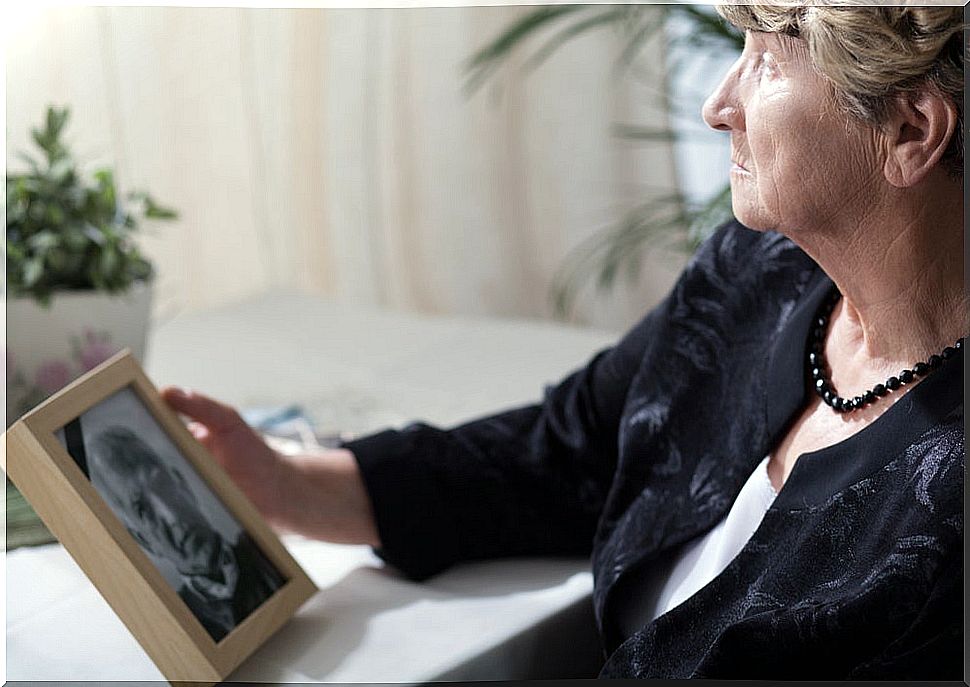
If the couple was divorced or judicially separated for less than 10 years, the survivor may receive the widow’s pension. The requirement is that neither of you had remarried or had a new relationship. In this case, the charge is extinguished. The benefit is also lost if guilt is proven by a final judgment in the death of the spouse or in the event of the death of the beneficiary.
Widowhood and compensatory pensions
There are also options for the survivor who receives a compensatory pension established in the divorce decree that is extinguished by death. If you show that by losing it your financial situation worsens dramatically, you can receive the widowhood.
Victims of gender violence causing legal separation or divorce with a final judgment will have the right to a widow’s pension. They will be able to receive it even if they did not have a compensation.
Those who do not receive compensatory pension after divorce and have separated before January 1, 2008 will be able to collect the widow’s pension. This will happen only if they are over 65 years old, have been married for more than 15 years and do not receive any type of pension.
Compatibility and amounts to be received in the widow’s pension
Widowhood pensions cannot be collected if another equal pension is already received. But they can be received together with retirement or permanent disability pensions.
In this sense, there are several amounts: if there are family dependents, the payment will be 739.50 euros per month. If the survivor is over 65 years of age or has some kind of disability, he will charge 639.30 euros per month; 598 if you are between 60 and 64 years old and 484.20 if you are under 60 years old.
To process these benefits, it is necessary to take into account the deadlines set by the regulations in force. In this way, the beneficiary has a period of 3 months from the death and a maximum retroactivity of three months.
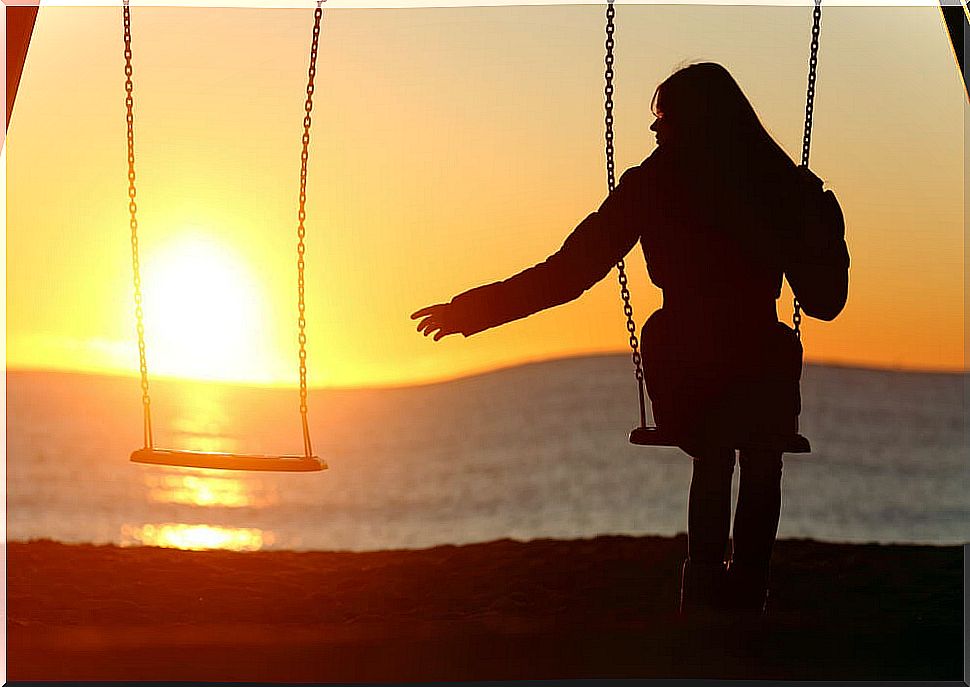
Orphan’s pensions
The protection of children at the time of the death of their parents is important. In order to guarantee it, in life, the parents had to affiliate and contribute the orphan’s pension. If he died due to a common illness, contributions must have been made for at least 500 days. If you were not working, survivors must show a contribution of at least 15 years.
To receive it, children must be under 21 years of age or incapacitated for work. If the situation of need is very high, the age to receive it could increase to 25 years, provided that your income is not high. The amount to be received reaches 20% of the life accrued by the parent.
Children can also be beneficiaries of the widow’s pension if they have the orphan’s pension and are absolute orphans. The latter occurs when both parents have died or one of them is unknown. The exception will be given when there is a spouse of one of the deceased parents.
The protection of survivors is the root cause of widow’s and orphan’s pensions. To access them it is necessary to meet certain legal requirements that will provide a less difficult future.
